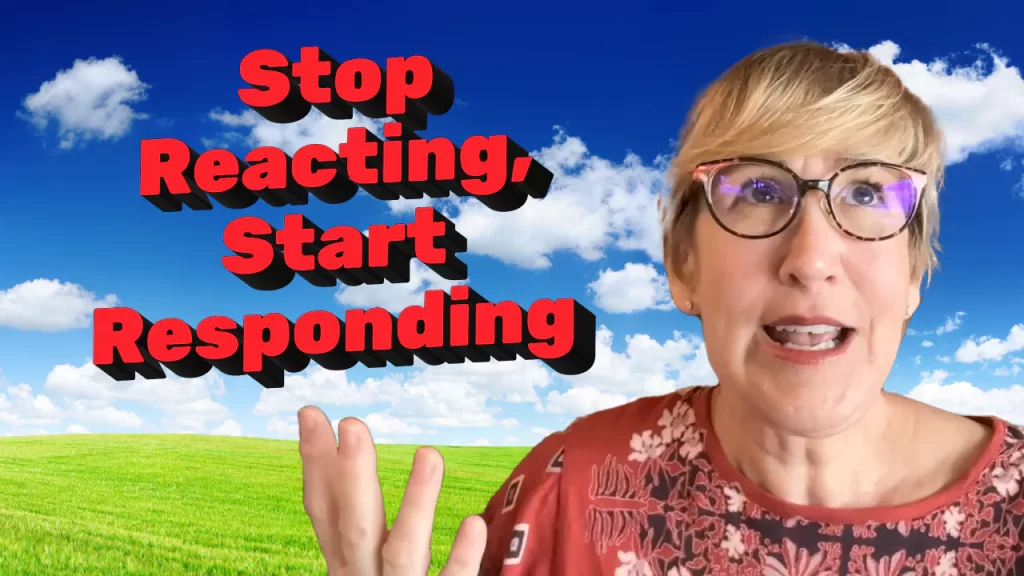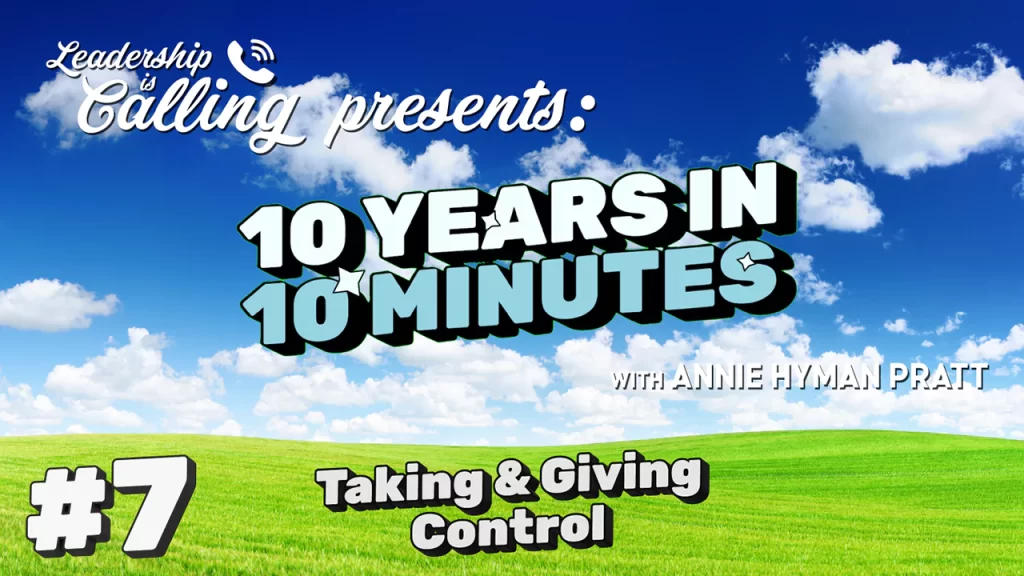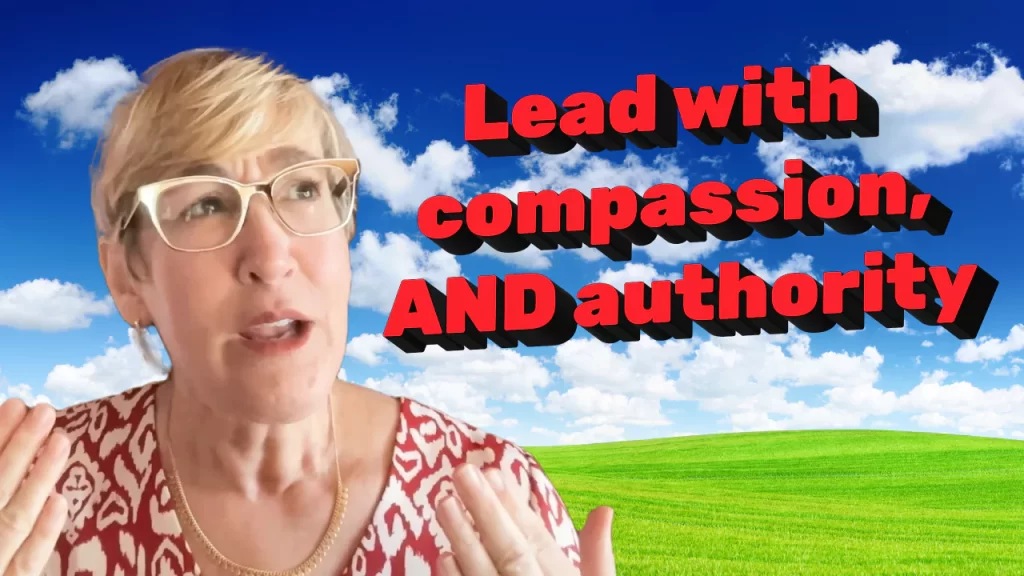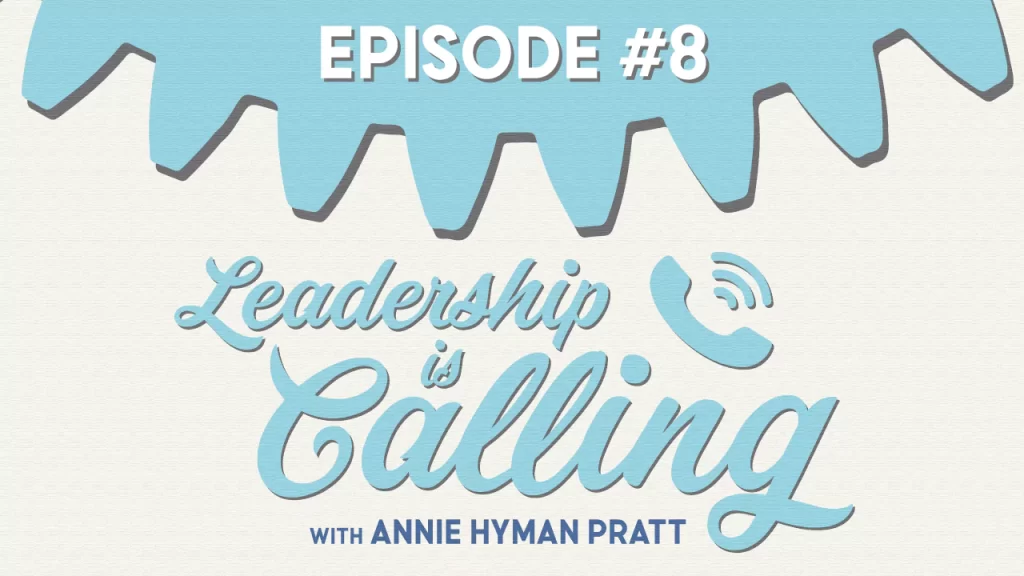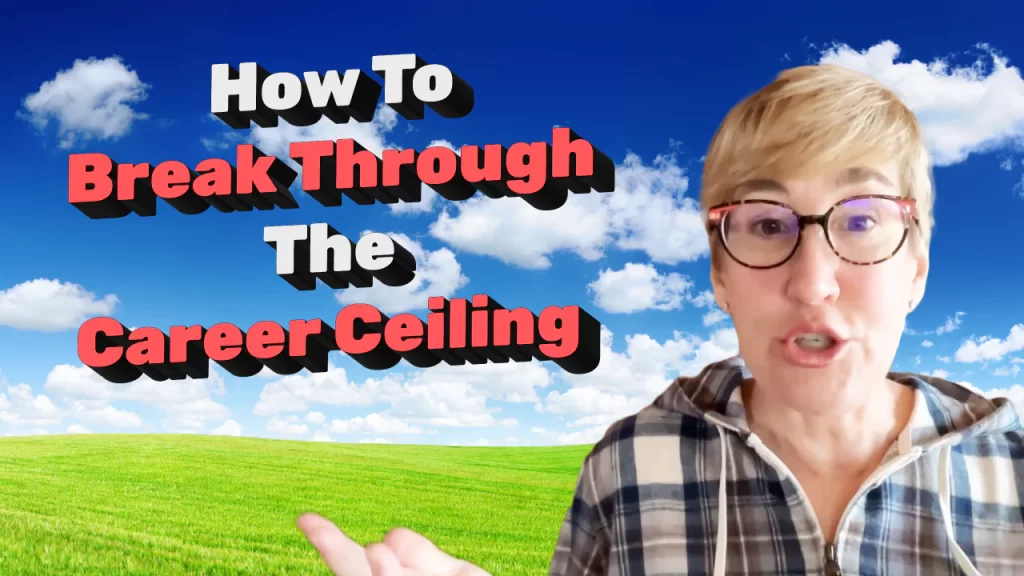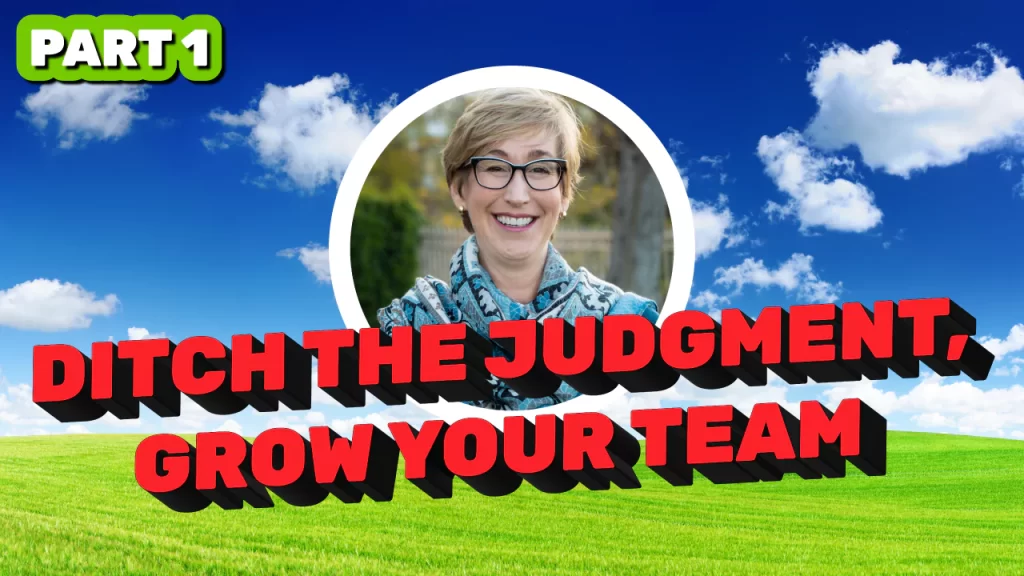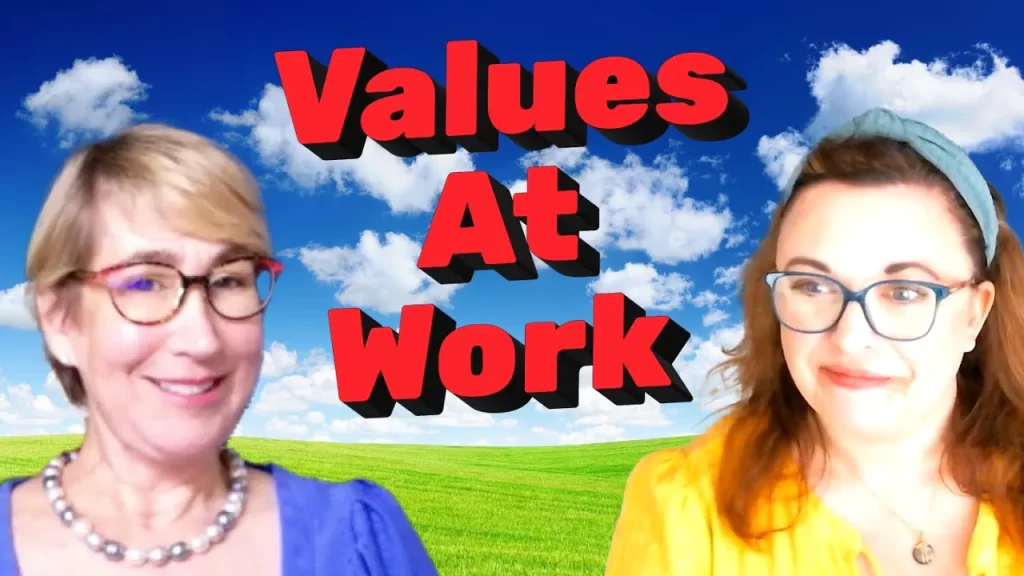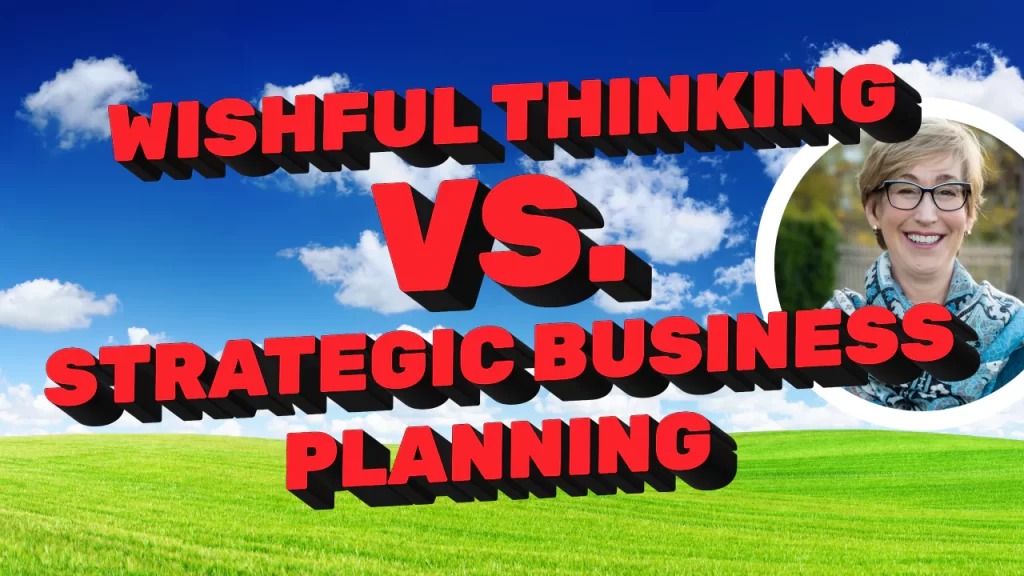Episode #07: Business Vision State: The Journey from A to V
Leadership is Calling Episode #07
Annie Hyman Pratt
- Description
- Transcript
Business Vision State: The Journey from A to V
“As you grow and develop in business and you become better and better at what you do, your level of operating expertise, your skill level, your development of your people, your level of training, the type of systems and processes you have, your infrastructure, your ability to handle change, how you operate, has to get better and better.” -Annie
As your business grows, you must focus on improving operational excellence in areas like team meetings, planning, training, systems, and processes. This level of expertise is key to achieving your vision and handling challenges along the way.
The journey from where you started to where you are going will always require an up-level of skills in every area of your business. In this latest episode, learn why you must…
- Operate in your vision state (V state) now to help you reach successful outcomes later
- Increase your operating excellence just like a professional musician or athlete would to be at the top of their game
- Improve the infrastructure of team meetings to get the best thinking from multiple people with different perspectives
- Participate in advanced planning so you and your team stay out of crisis and chaos
- Get good at operating under stress, pressure, challenge, and change with your best thinking intact
Key Points
- As your business grows, focus on improving operational excellence
- Level up your team meetings, planning, training, systems & processes
- Handle challenges and change with resilience
- Getting better at your operations is key to achieving your business vision
Related Resources
Leadership Skills: The Business Part
Leadership Development Articles: How to Navigate the Unknown in Challenging Times | How to Define Company Goals
Downloadable Leadership Tool: The Secret Recipe to Reverse Burnout and build Emotional Endurance for You and Your Team
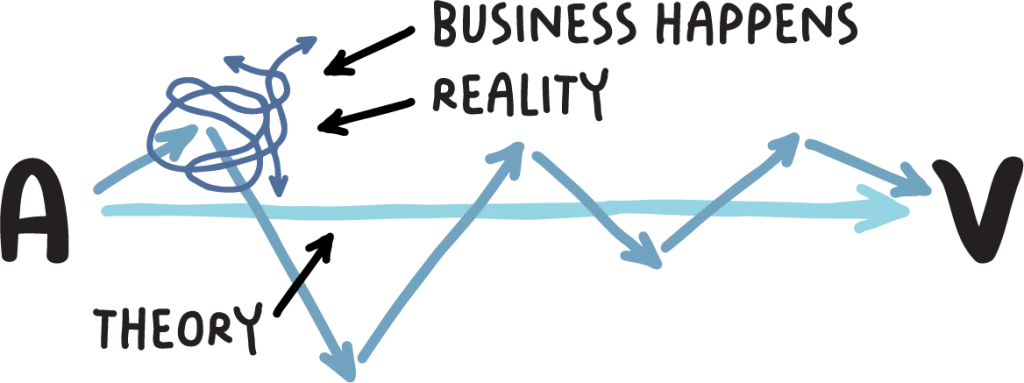
Auto-Generated Transcript – unedited version
Business Vision State: The Journey from A to V
This is Leadership is Calling, a podcast that brings you leadership and business tips anchored in the people part. I’m Annie Hyman Pratt, CEO and founder of Leading Edge Teams.
Hi everyone, I’m Annie Hyman Pratt, and you are listening to the podcast Leadership is Calling. I’m excited to have you here today because we are going to talk about the journey from A to V, and what I mean by that is the journey from where you are now, you know, at point A, to achieving your business vision state, point V, which is where you want to go, kind of who and what you want to be when you grow up.
So for a vision state, most people think about the first part of it in a similar way, and that is your goals. Your vision state contains your goals, the things that you want to achieve, the things that are specific and true when you’ve reached your V state. Okay? So those are things like your level of revenue, those are things like your profits, it could be the amount of people you have in your programs, it could be the type of products you have and their impact in supporting people in the world. Other goals are things like your reputation in the market, right? So those are all very specific goals, things that we want to be able to define ahead of time and we know when we’ve achieved that. All right, so most people are pretty good with that part of what’s in your vision state, what’s in your goals.
But there’s a whole second part of your vision state, and that is all about how you operate when you’re there. And what I mean by that is as you grow and develop in business and you become better and better at what you do, your level of operating expertise, your skill level, your development of your people, your level of training, the type of systems and processes you have, your infrastructure, your ability to handle change, right? All of that kind of stuff, how you operate has to get better and better.
And I think it’s easiest to think of this a lot like sports. I know I say that pretty often, but still true. And that is sports, or in this case it could be like any kind of talent, it could be music. I’ll make a music example quickly here. So it’s, if your goal in music is to be in a professional level orchestra, right, professional level meaning an orchestra that plays in the top venues in the United States. If you want to be in one of those orchestras, not only do you have to be able to play a complicated piece at peak level, right, that it turns out great.
Okay. But you have to have practiced so much in your life, and you have to be able to operate at a level where you could handle it if somebody does a wrong note or somebody doesn’t set you up properly or something goes not quite right during the performance. You have to get to that level to have your music turn out, you know, beautiful and meet customer expectations. There’s so many things you will have had to have learned and developed by then that you no longer have to think about it, that you’re not trying to learn the piece of music right before you get on stage. That’s not okay, right? It’s not like you are still working on a few notes that are kind of difficult. Like you have to be past all that, and all of you together have to have the kind of teamwork in this orchestra that you can anticipate what each other’s going to do, you know how each other needs to be set up and needs to operate to have a great piece. Okay, make sense?
Okay, so there is something with that that I think in business gets lost or gets kind of misunderstood, and that is all about the operational excellence, kind of like how much do we really need to improve when we go from A to V so that we can achieve our goals? It’s like how much do we need to improve? What the heck does that really mean? Because in music or sports it seems more obvious. It’s like in music, you know, you’re gonna miss notes way less each time you move up a level. You know, your conductor is going to hear way fewer missed notes if you’re a basketball player. By the time you get to the professional level, you’re going to make most of your passes. You’re not going to miss barely any compared to the high schoolers who may still mess up a lot of passes.
So how that relates to business is that there are things, all kinds of ways that we operate together in a relationship, that have to improve as we go along. Okay, so many things.
So let me give an example. In the early stages of a business, especially for companies that have started fairly recently that are kind of small, your team meetings don’t have to be formal. In fact, team meetings can just be like calling your one other person on the phone and talking about an issue. In fact, you probably, you might not even have anything called a meeting between people internally because you’re just working together and you’ve got there’s so few of you. And if you’re the entrepreneur especially, you know what you’re going to do in your head and you’re gonna do it. It’s not like you’re gonna assign it to somebody else in the early days.
In the early days, you’re gonna do it. So guess what? You don’t have to be good at delegation. You don’t have to be good at communicating your vision. You don’t have to be great at setting up a meeting or operating a meeting because you won’t have many. It’s like it’s, it’s not a thing in the early days. Okay, but as you grow and as you get grow and get better and better at what you do and what you deliver, suddenly meetings and how people run meetings, how people show up in meetings, what gets accomplished in meetings, that is going to become important because at some point the kind of the telephone of where you could just call somebody and there’s not that many people who have to know a certain piece of information, it’s like you know most people are doing a very broad range of things as you grow.
People are doing a more narrow specialty, and they have to coordinate handoffs now. They have to know how their part impacts other parts. And in a meeting, in business meetings, that is where a lot of that kind of thing happens. It’s where people get to talk about the things they have coming up that may impact everybody else in the meeting. It’s where you get to do problem solving with separate perspectives coming together. We’re in the early days, you had all the perspectives. There was no perspective, you know, barely any perspectives other than yours. But as you grow, suddenly team meetings become a really important thing. And if in the early days of a company you were like, I hate meetings. And in fact, I try to get out of the most meetings that I can. In the early days, not that big a deal, frankly probably won’t even have that many meetings.
You know, if somebody needs you or needs you to know a piece of information, they’re going to find you. But later on, later on you have to participate in meetings. You actually have to show up in a way where you’re doing your part in meetings, where you prepare ahead of time, where you know that this meeting is meant to accomplish something. It’s like a strategy meeting or a practice game before you play a real game. You can’t skip that. You can’t always just wing it when you start to get to be more professional, when you start to, you know, be better and better at what you achieve.
And so meetings are a classic thing of, you know, if you’re a person who isn’t good at participating in meetings, isn’t good at getting there on time, isn’t good at preparing in advance, isn’t good at interacting with others, keeping yourself calm, talking about challenges in a way that lets everybody participate, that you know, that doesn’t get triggered and rolls your eyes or gets all huffy or something in the meeting. Like all of those things are poor operating excellence, that’s poor. We need you to be great at how you participate in meetings because that’s going to be an important part of how you actually achieve your goals. I hope that makes sense.
Another one that I see very often, for younger businesses, and a hard obstacle to overcome or a hard thing to put in place I should say, another thing that I see is planning ahead, advanced planning. Okay, so in the early days of a business, entrepreneurs, they are entrepreneurs, are some of the least advanced planners. Okay, they have ideas, their, their action people, they are ready to just be in action, and they love to figure things out on the fly. Love it! I like some of that too a bunch of times.
Okay, however, when there’s just you, you can play on things at the last minute. You’re the only one that’s going to do them. But as you grow and you work with a bigger team, the team, a team that has different parts of the whole that they’re, you know, that they’re holding down, that they’re putting together, a team that has not only one project that they’re working on, but may have five projects that they’re working on all at the same time. They have to coordinate all of it together. You know, at that point, you have to plan in advance. You have to plan in advance. You don’t have, if you don’t plan in advance, all you get is crisis and chaos because if you don’t plan in advance, other people can’t anticipate what you need or what the project needs.
That means they can’t plan in advance. That means they can’t figure out in their schedule what they need to allocate to, you know, their time. And so we have to get everybody much better at planning in advance at some point. And when you have people who can’t, for whatever reason, even after training, even after support, they’re just not built for advanced planning. It’s just, you know, it’s so outside of their skill set, outside of their competency. There’s going to be a time when they can’t stay in a role that needs advanced planning. They can’t, because that one person by not planning in advance will mess up the entire team because we have to have a level of operating excellence that includes planning in advance.
The better you get at delivering, at making changes and pivots, etc., you need to plan a lot of things in advance so that weirdly enough, so that when last minute stuff comes up, it doesn’t upset everything. It’s like you can kind of isolate the damage. It’s like, oh no, like in the pandemic, right? It’s like you have a lot of things planned, and then the pandemic happens and you’re like, oh no, we can’t do live events this year. We’re gonna have to change that to virtual events. Okay, great. But the good news is we don’t have to change all the digital products. Those pretty much stay the same. But if we had planned nothing in advance, we’d just be in absolute chaos, and when something changed, it would just create even more, even more.
So this is one of those things that we need to start being really aware of when we are growing our business, when we are getting better at what we do. It’s not only about the goal achievement, it’s about how we’re operating to achieve those goals, and that level of excellence needs to go up, keep going up.
Another way that we say it I think that’s helpful is as you get better and better at what you do, the range of acceptable behaviors narrows, meaning that if you, you know, would opt out of team meetings anytime you got a chance, if you just could not plan in advance, at some point that’s, you know, you have to, it’s like the range of acceptable behaviors includes that you can’t opt out of that part, right? You can’t do it a whole different way. You can’t say, you know, I’m not that great at planning in advance, but I am really good at, you know, talking to people at the last minute and making a checklist. It’s like you can’t make your own system at the last minute.
So we need you to be, you know, really staying in tune with and understanding that your next step forward as you develop, you have to get better and better at what you do. You can’t, you can’t just stay where you are. And the biggest reason for that is because things change in the world. Like expectations go up even if, even if you signed up for a certain role doing a certain, you know, certain tasks and had certain responsibilities that you could do it at, you know, at a certain level of expertise of operating excellence. Okay, even if you start there, the thing is, is that all the expectations around you are going to go up.
The first expectation that goes up usually is of your customers, of your clients. You know, who has customers that are like, you know what, this thing that I got from you this year, it was too good. I’d like it to be worse next time. That doesn’t happen. Your customers are always like, this has to be better. I want it to be better, and I want it to be cheaper, and you know, and I want it right now.
So as you know, as the team and the leaders inside the company, we, the natural state of things is that expectations keep going up. You do have to keep getting better at what you do because the whole world is going to keep getting better. Otherwise, you will just literally be left behind. You, you won’t be able to, you know, keep up with your clients’ expectations. You won’t, you won’t be able to retain the team because they have expectations of being successful. In fact, your A plus team members want to be on a team that continuously gets better and better and better.
The A plus players have to achieve results. They have to create value, otherwise it’s too painful for them to stay somewhere. They don’t, they can’t play a losing game for very long. And I think that probably brings me to the last thing that I wanted to share about this A to V journey, and that is that in this A to V journey, a big part of it, you know I’ve been talking about operational excellence, it has to get better and better. Okay, true. But the other thing that has to get better and better is how you do this operational excellence, how you operate while under increasing stress, pressure, challenge, and change.
Because the path from A to V, the path from going where you are now to achieving a, you know, an ambitious set of goals or even a reasonable set of goals, it has challenges. If it was super easy, everybody would do it. It’s just not. And so the more ambitious you are, the more challenges you should expect, even with getting better at getting better and better at how you operate. It’s, you, you there’s, it’s not possible to want to achieve a big set of goals and figure out how to guarantee that it will all go super well, that you won’t have challenges, that it’s not the way it works.
I haven’t worked with any company ever that was challenge-free, and frankly, the more ambitious they were, the more challenges they had, and that makes sense. So part of the operating excellence is not just things like, you know, we do team meetings really well, and we plan in advance really well, and we coordinate great, and we use this really fancy project management system that keeps everything running on time. Okay, all that’s great. Okay. But at the same time, while you’re doing that, we also need teams to become better and better at handling the unexpected, meaning that they can still show up well.
They can keep their thinking brains engaged when things get even more challenging, more stressful, like a pandemic, right? That was stressful for everybody. Other kinds of stress are when, oh gosh, most everybody now either sells online or has an online component of their business or markets online, and that technology changes every five seconds. It’s like, you know what, if you ever thought you could rely on Google or Facebook to, you know, to be all steady and not change anything or to check with you first, that’s not gonna happen.
So you have to be able to work with the unexpected things, the mistakes that happen, the increasing pressure. You have to be able to work with that too. That’s a big part of operating excellence. It’s like we, we have to be, it was one of the words these days, antifragile, right? You can’t be fragile, that we fall apart once things don’t go as expected. That’s a huge part of operating operational excellence. And it’s the only way you’re going to get from A to B, not only getting better and better at what you do, but getting better and better at handling the challenges along the way. And that’s what I wanted to share with you for today’s Leadership is Calling podcast.
See you guys next time! Be sure to like, comment and subscribe to Leadership is Calling to learn more about this episode’s topic. Pick up a copy of my book The People Part.
Want to learn more about how to up-level your leadership skills and create a collaborative team that helps you drive results? Go to leadingedgeteams.com/schedule to learn more about working with us and to schedule a call.

